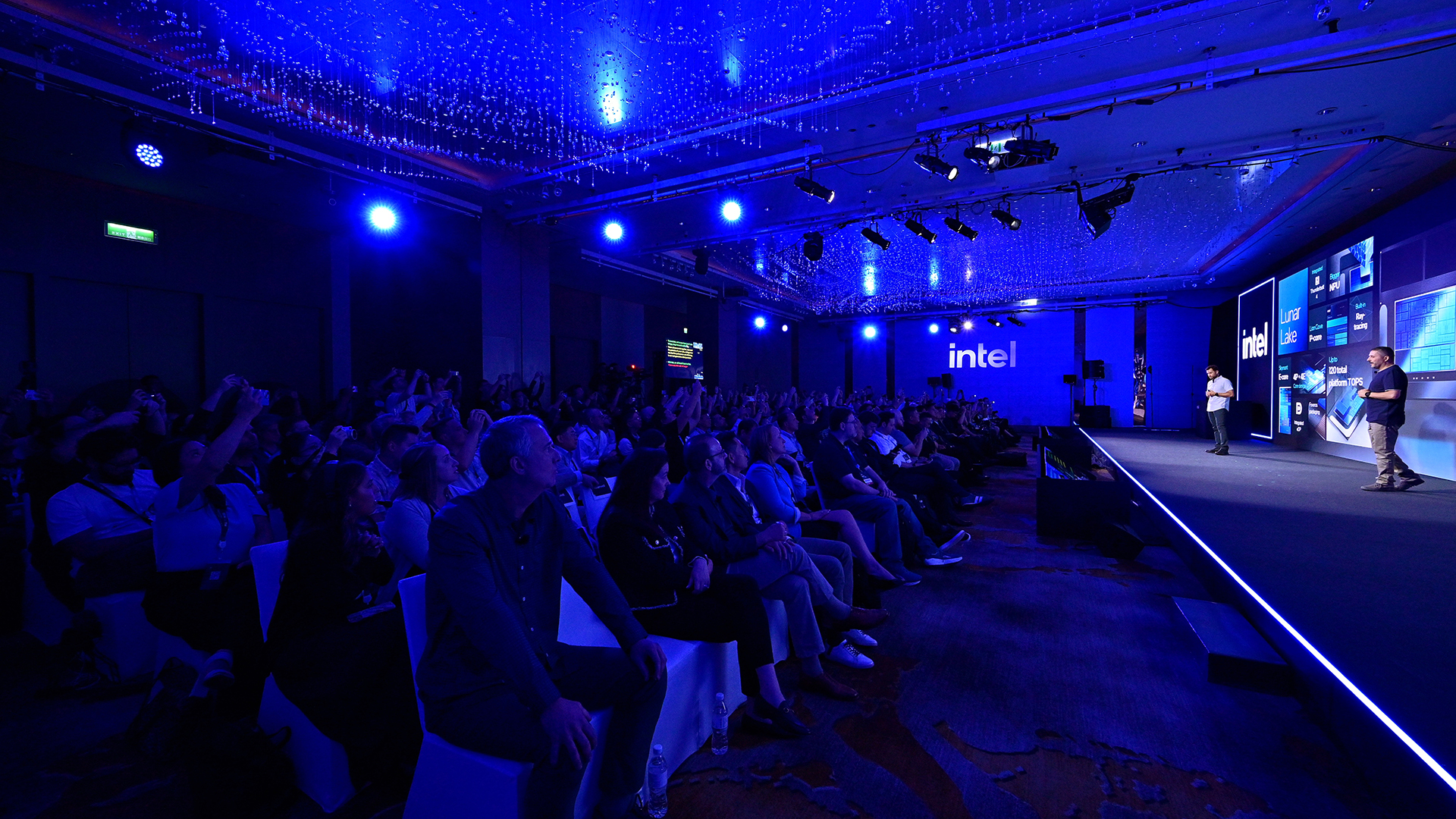HopalongPetrovski
I'm Spartacus!
None of us know the individual circumstances of our fellows here or under what pressures they are operating at any given moment.
If Schnitzel lover has decided it's time for him to either sell, hold or buy more that is his choice and he should not be derided for it.
He was not advocating that any of us should follow his lead, merely putting forward a part of his learned investment strategy for us to consider.
Capital preservation is a common and common sense theme taught and recommended by myriad investment gurus.
If you have moved on to other pastures Schnitzel, good luck to you and I hope you make a motza somewhere else.
We have all been waiting a longish time for news we have hoped would drop daily.
For all our dot joining and wishing it could just be tomorrow.
Or tomorrows tomorrow.
Just wish I had some more coin available to buy more both here and elsewhere.
Plenty of bargains about atm for someone with a longish timeframe I think.
Might just splash out and opt for the fur lined handles on me zimmer frame.
Bring It, BrainChip.
If Schnitzel lover has decided it's time for him to either sell, hold or buy more that is his choice and he should not be derided for it.
He was not advocating that any of us should follow his lead, merely putting forward a part of his learned investment strategy for us to consider.
Capital preservation is a common and common sense theme taught and recommended by myriad investment gurus.
If you have moved on to other pastures Schnitzel, good luck to you and I hope you make a motza somewhere else.
We have all been waiting a longish time for news we have hoped would drop daily.
For all our dot joining and wishing it could just be tomorrow.
Or tomorrows tomorrow.
Just wish I had some more coin available to buy more both here and elsewhere.
Plenty of bargains about atm for someone with a longish timeframe I think.
Might just splash out and opt for the fur lined handles on me zimmer frame.
Bring It, BrainChip.
Last edited:







